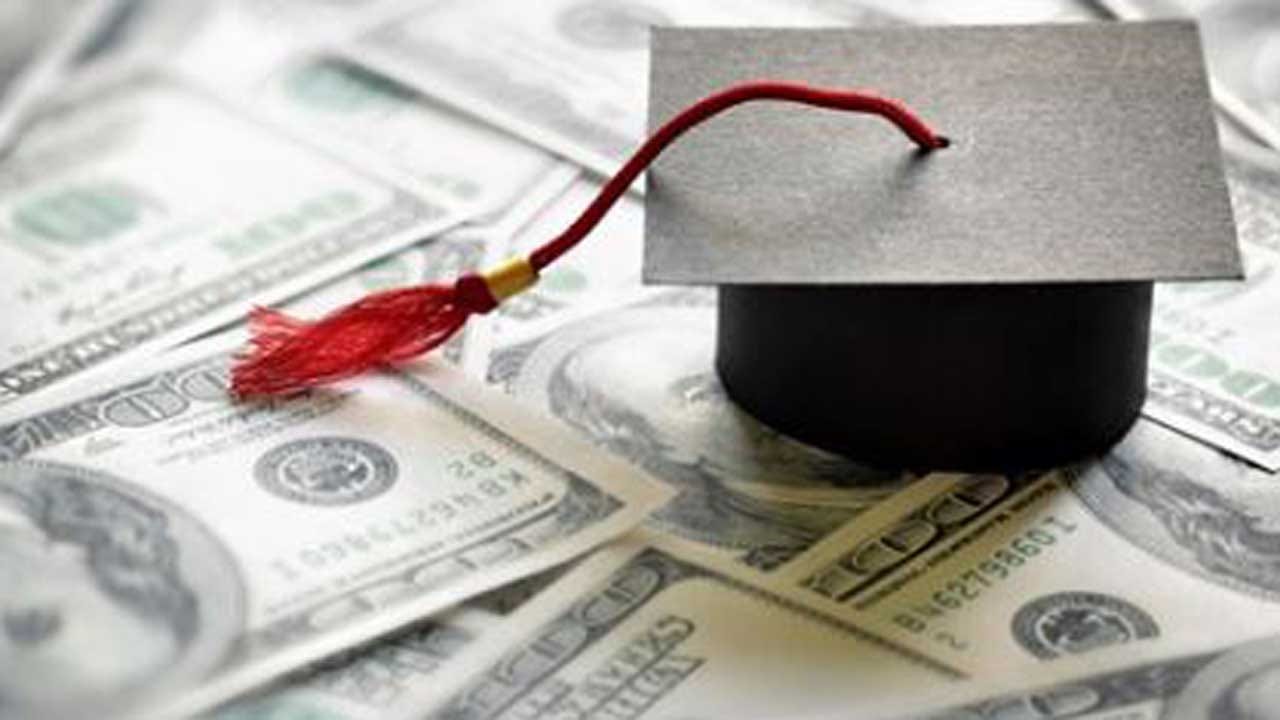It's About To Get More Expensive To Take Out Federal Student Loans
Borrowing to pay for college is about to get more expensive – despite the push for the Biden administration to cancel billions of dollars in debt for millions of student loan borrowers. That's because the interest rates on federal student loans are set to go up on July 1.Wednesday, May 18th 2022, 5:32 am
Borrowing to pay for college is about to get more expensive – despite the push for the Biden administration to cancel billions of dollars in debt for millions of student loan borrowers. That's because the interest rates on federal student loans are set to go up on July 1.
The Biden administration has extended the federal student loan payment pause, which fixes interest rates at 0% through at least August 31. That means borrowers won't feel the impact of the interest rate hike immediately. But the federal student loan fixed interest rates are by law based on the Treasury Department 10-year note auction in mid-May, so the rates for new loans change every year regardless of the payment pause.
For borrowers taking out new federal undergraduate student loans starting in July for the 2022-2023 academic year, interest rates will be 4.99%, up from 3.73% for the 2021-2022 school year. Federal loan rates for graduate students will be 6.54%, up from 5.28%.
The interest rates for federal PLUS loans – which can be taken out by eligible graduate or professional students enrolled in programs at least half-time as well as eligible parents of dependent students enrolled in undergraduate programs at least half-time – will be 7.54%, up from 6.28%.
While student loan rates remain relatively low, those taking out new federal student loans will be seeing the highest fixed interest rates for federal undergraduate, graduate, and PLUS loans since the 2018-2019 academic year.
"It will represent a pretty notable increase from one year to the next," said Greg McBride, chief financial analyst for Bankrate.com.
The fixed interest rate hikes on new federal student loans come as Americans are grappling with soaring prices in multiple sectors. The cost of groceries has risen more than 10%, the fastest annual pace in 40 years, and energy costs have risen more than 30% year over year. And rents are up more than 17% nationally on average from a year ago, according to Realtor.com.
"Whether you're living on campus or off campus, that's likely coming at a much higher price than it would have a year or two ago," McBride said. "Just as [inflation] is pressuring the budgets of households nationwide, it is likely to impact the budgets of students as well."
While student loan payments are still on pause through August 31, saving some 40 million borrowers about $5 billion a month in interest payments, borrowers are waiting for the Biden administration to make a decision on canceling student loan debt.
The White House has said officials will make a decision on canceling student loan debt or extending the pause again. President Biden recently signaled he is seriously considering canceling at least some student loan debt. But details on the path the administration will take remains unclear.
The president has also ruled out canceling $50,000 or more in student loan debt, despite pressure from some members of his own party to do so.
First published on May 17, 2022 / 12:57 PM
© 2022 CBS Interactive Inc. All Rights Reserved.
More Like This
June 10th, 2024
December 17th, 2023
August 10th, 2023
Top Headlines
December 15th, 2024
December 15th, 2024
December 15th, 2024
December 15th, 2024









